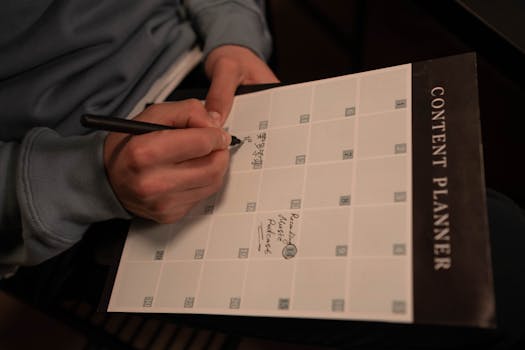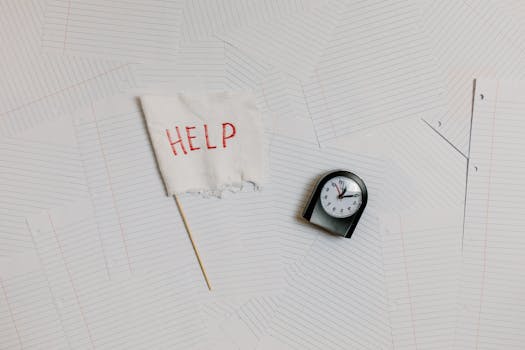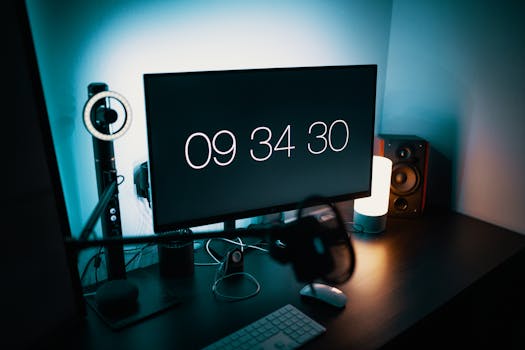
Time Management Strategies for Personal Efficiency
Introduction to Time Management

Time management is the process of planning and controlling how much time to spend on different activities. It is a crucial aspect of personal efficiency and productivity. Effective time management enables individuals to prioritize tasks, manage their time wisely, and achieve their goals. In this article, we will explore the best time management strategies for personal efficiency.
Understanding the Importance of Time Management

Time management is essential in today’s fast-paced world. With so many tasks to complete and limited time, it is easy to get overwhelmed and stressed. Poor time management can lead to decreased productivity, missed deadlines, and a poor work-life balance. On the other hand, good time management can help individuals achieve their goals, reduce stress, and improve their overall well-being.
Top Time Management Strategies for Personal Efficiency

- Set Clear Goals: Setting clear goals is the first step to effective time management. It helps individuals prioritize their tasks and focus on what is important. Try to set specific, measurable, achievable, relevant, and time-bound (SMART) goals.
- Use a Planner or Calendar: A planner or calendar is a useful tool for time management. It helps individuals keep track of their tasks, appointments, and deadlines. Write down all your tasks and break them down into smaller, manageable chunks.
- Prioritize Tasks: Prioritizing tasks is crucial in time management. It helps individuals focus on the most important tasks first and manage their time wisely. Use the Eisenhower Matrix to categorize tasks into urgent vs. important and focus on the most critical ones first.
- Avoid Multitasking: Multitasking can be a productivity killer. It can lead to distractions, errors, and decreased productivity. Try to focus on one task at a time and give it your undivided attention.
- Take Breaks: Taking breaks is essential in time management. It helps individuals recharge, refocus, and avoid burnout. Try to take regular breaks and use them to do something enjoyable or relaxing.
Additional Time Management Tips

- Learn to Say No: Learning to say no is an essential time management skill. It helps individuals avoid taking on too much and manage their time wisely. Be mindful of your workload and avoid taking on tasks that are not essential or that you cannot complete.
- Avoid Procrastination: Procrastination is a common time management challenge. It can lead to missed deadlines, decreased productivity, and increased stress. Try to break down large tasks into smaller, manageable chunks, and focus on making progress rather than perfection.
- Use Technology Wisely: Technology can be a useful time management tool. It can help individuals stay organized, focused, and productive. Try to use tools like project management software, time tracking apps, and website blockers to manage your time wisely.
Conclusion

In conclusion, time management is a crucial aspect of personal efficiency and productivity. By implementing the time management strategies outlined in this article, individuals can boost their productivity, reduce stress, and achieve their goals. Remember to set clear goals, use a planner or calendar, prioritize tasks, avoid multitasking, take breaks, and learn to say no. With practice and patience, you can develop effective time management skills and achieve greater personal efficiency.






